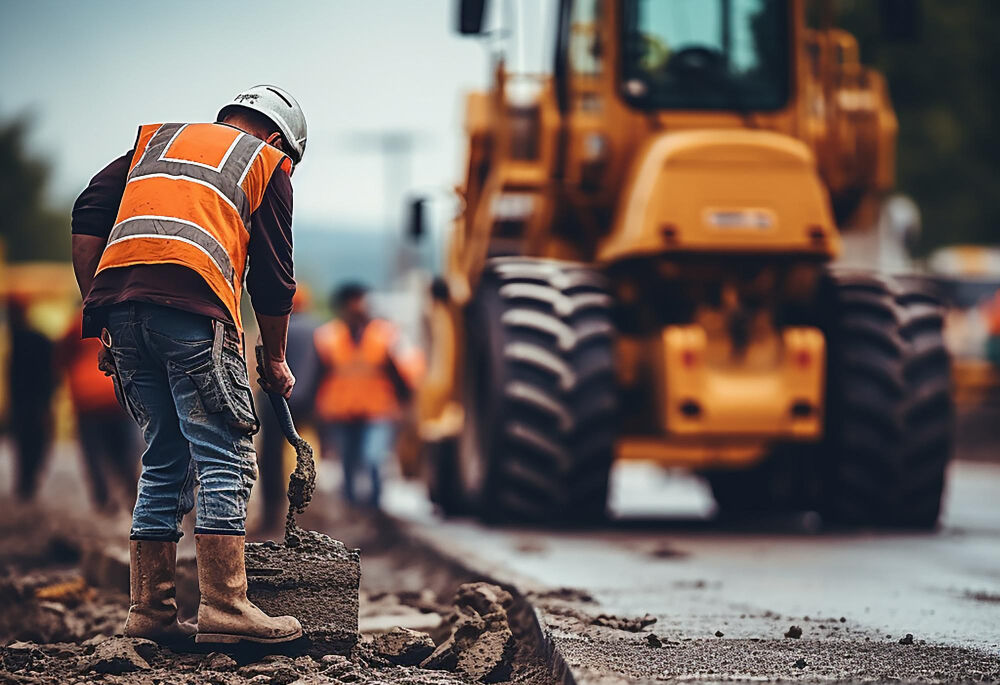Senedd Passes New Legislation to Modernise and Simply the Development of Significant Infrastructure Projects in Wales

The Welsh Government has this week passed the new Infrastructure (Wales) Bill, which was introduced to the Senedd in June 2023.
This will bring forth major changes to the legislative framework which the Government hopes will speed up the consenting process for major infrestructure projects on both land and in the territorial sea.
The new form of consent will be known as ‘Infrastructure Consent’ and will be issued in relation to Significant Infrastructure Projects, including energy, transport, waste and water, among other infrastructure types.
This unified consenting process will create more consistency and certainty in Wales’s ability to deliver, develop and attract further infrastructure investment.
Addressing the Senedd, the Cabinet Secretary for Housing, Local Government and Planning, Julie James, said:
“Having an effective and efficient consenting process is vital to deliver significant infrastructure projects in Wales which make a positive contribution towards our social, economic and environmental prosperity and net zero ambitions.
“Not only will it improve the competitiveness of Wales as an attractive place for investment and jobs, it will also empower local communities and other key stakeholders by providing robust opportunities to engage in an open and transparent process to help shape developments which affect them.
The Bill will also play a key role in delivering the Welsh Government’s renewable energy targets as we move towards ‘net zero’ emissions by 2050, enabling the consenting of renewable energy projects in a robust, but timely manner.
To ensure the smooth implementation of the new legislation, two consultation papers will issue later in the spring.
The first consultation paper will focus on the pre-application consultation procedure and will be a call for evidence to stakeholders, local communities and other interested parties to seek ideas and suggestions for how pre-application consultation should be conducted.
The second consultation paper will focus on fees for the consenting process.
Local communities and other key stakeholders are encouraged to engage with the consultations to help shape developments which affect them.
The Cabinet Secretary continued:
“I am committed to working closely with stakeholders during the development of the subordinate legislation to help ensure the infrastructure consenting process operates effectively, efficiently and with maximum engagement.”




